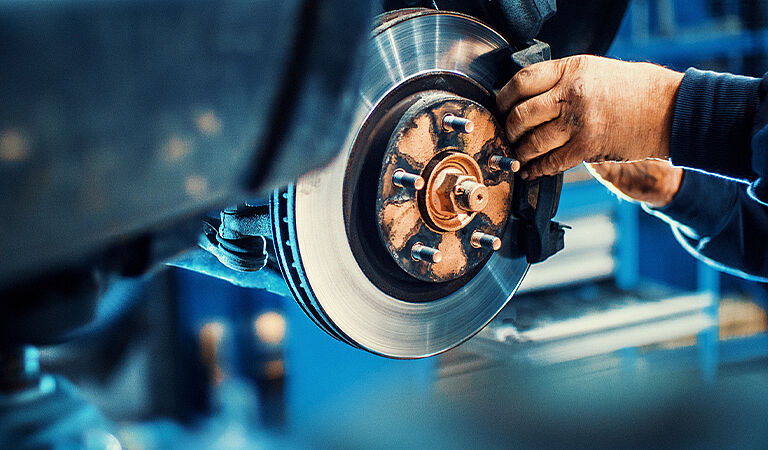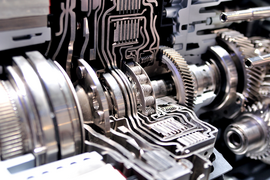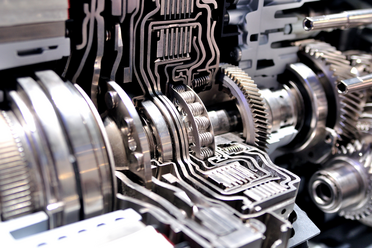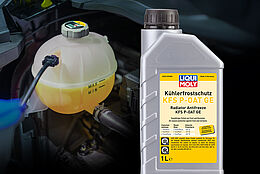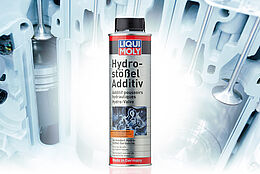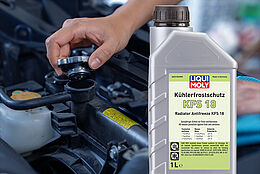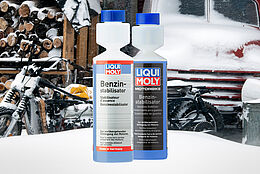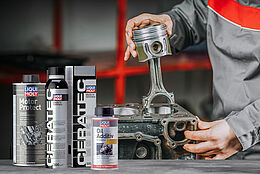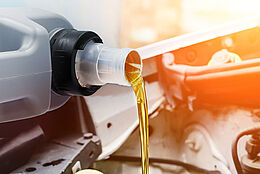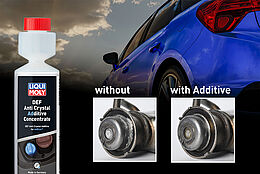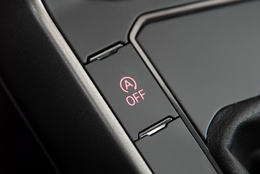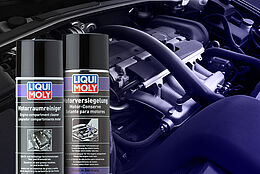Brake fluid service
The brake system is one of your car's most important parts. To prevent brake failure, detect damage early on, and avoid expensive repairs, we recommend having the brakes serviced on a regular basis for the brakes to work properly and to ensure your safety while driving. The condition of the brake system, brake discs and lines, and the brake fluid should also be checked during this service.
Brake system parts and functions
Brake pads and discs
As the contact point between the brake pads and discs, your brake pads are ultimately responsible for slowing your car down. When you brake, the brake pads are hydraulically pressed against the brake disc. This contact causes the car to decelerate, but it also causes the brake pads and discs to be worn down. If this wear point exceeds its maximum, it leads to a longer braking distance, the misalignment of the car during braking, and poorer braking performance.
Brake line and brake fluid
The brake line carries the brake fluid. A damaged or leaky line is very dangerous. In the worst case, your brake pedal won’t react properly and will fail since no hydraulic pressure can be bulit up, meaning it is no longer possible to brake.
The brake fluid connects the car pedal with the brake pads through hydraulic power transmission. This will absorb water over time if the brake fluid is hygroscopic, i.e., if it actively attracts and binds water. When there is a high water content, high temperatures and pressures in the braking system can cause air bubbles to form when the water boils. As such, less hydraulic power is transmitted to the brake cylinder via the brake lines, thereby lowering the performance of the brakes. The water content also expedites the corrosion of the brake hydraulics.
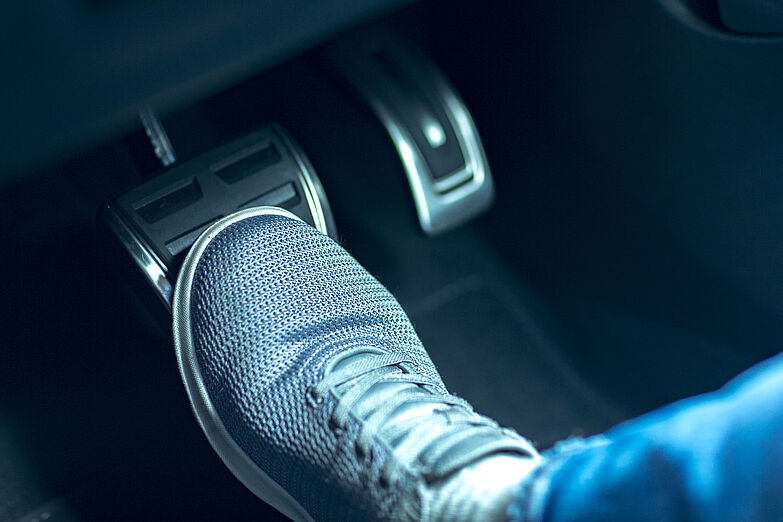
That’s why having your brakes professionally serviced is so important
To ensure your driving safety, it is extremely important that all brake components are always in good working order and that worn parts are exchanged in good time. Otherwise, this can have serious consequences:
- Reduction in braking performance and longer braking distance
- Delayed braking behavior
- Misalignment of the car in one direction during braking
- Impaired functioning of the brake pedal
- Subsequent damage and costs possible to various parts
- Corrosion in brake hydraulics
- Higher risk of accidents
When is it time to service your brakes?
Depending on how the driver drives and brakes, wear parts will be worn down differently. As such, no blanket statement can be made about how often or when the brake pads or discs need to be replaced. Long periods of inactivity also lead to parts wearing down faster because of corrosion to the brake pads and the bearing surfaces of the brake pads. If you’re unsure and don’t know how to assess the condition of your brakes yourself, we definitely recommend having your brake system professionally inspected.
Above all, however, you should visit a brake service if the braking warning light goes on or if you notice that braking isn’t working as it usually does, the braking performance is declining, or the braking pedal reaction is delayed.
Other indicators of malfunction include:
Unusual noises, such as squeaking, screeching, or grating
Brake pads are usually installed at the factory without any high-temperature paste between brake lining carrier’s contact surfaces. The lack of lubrication means that the brake pads do not slide far enough away from the brake disc after braking. The insufficient distance may mean some contact is made even after braking. Annoying sounds and faster wearing of parts, however, can also be caused by the quality of parts, long periods of inactivity, and incorrect assembly as well as exceeding the wear threshold.
(Uneven) visual wear of the brake pads and discs
The age of the brake system or damage to the sealing sleeve can cause the brake calliper’s guide pin to stop moving. This reduces the braking force and leads to uneven wear of the brake pads. Regular wear of the brake pad and brake disc below the minimum limit specified by the vehicle manufacturer should also be avoided.
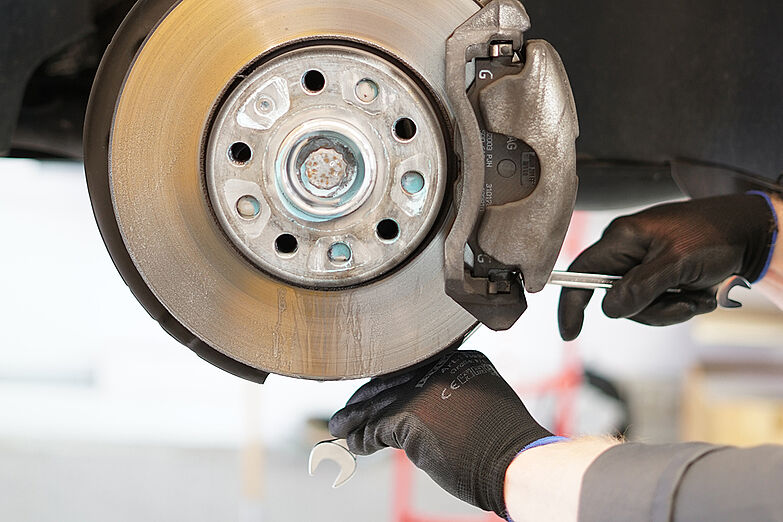
Benefits of a professional brake service
- Inspection of the brake pads, discs, and lines/cables as well as the electronics
- Inspection of the brake fluid level, water content, and boiling point and brake fluid replacement if necessary
- Inspection of the parking brake and/or handbrake
-
Early detection and efficient repair of damage to ensure safety while driving
-
Improved driving properties due to increased running smoothness and reduced wear on parts
-
Prevention of brakes wearing down unevenly or making noises

